
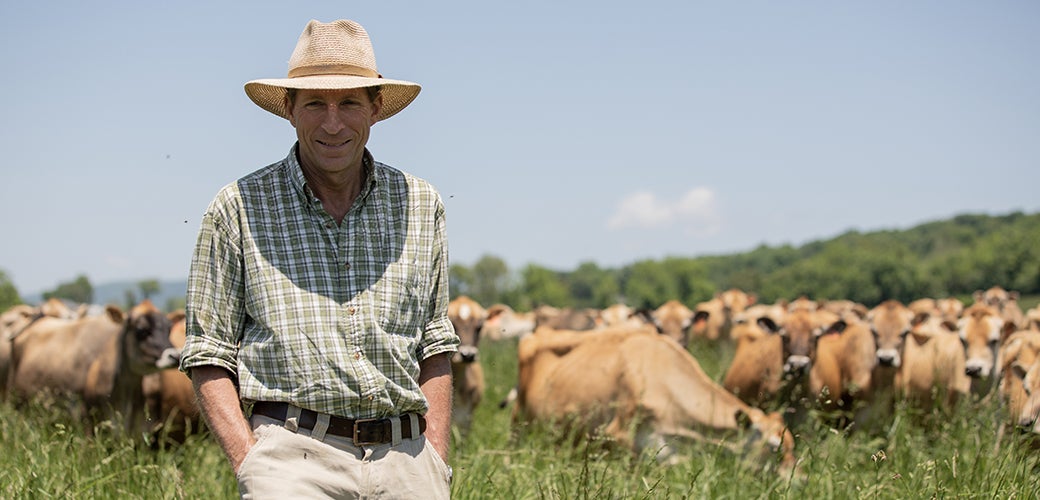
The ASPCA collaborates with farmers across the country who are committed to higher animal welfare standards and who are so vividly demonstrating that there are humane and viable alternatives to factory farming when it comes to raising animals for food. As Congress continues to shape the 2023 Farm Bill, we are working to ensure that the bill strengthens support for these farmers and improves the lives of animals on farms.
Long-standing policies, including provisions reauthorized every year in the Farm Bill perpetuate a food system that makes it especially challenging for independent farmers to compete in the market. Despite these odds, farmers like those we highlight today are proving that higher-welfare and sustainable practices can lead to economic success and healthy communities.

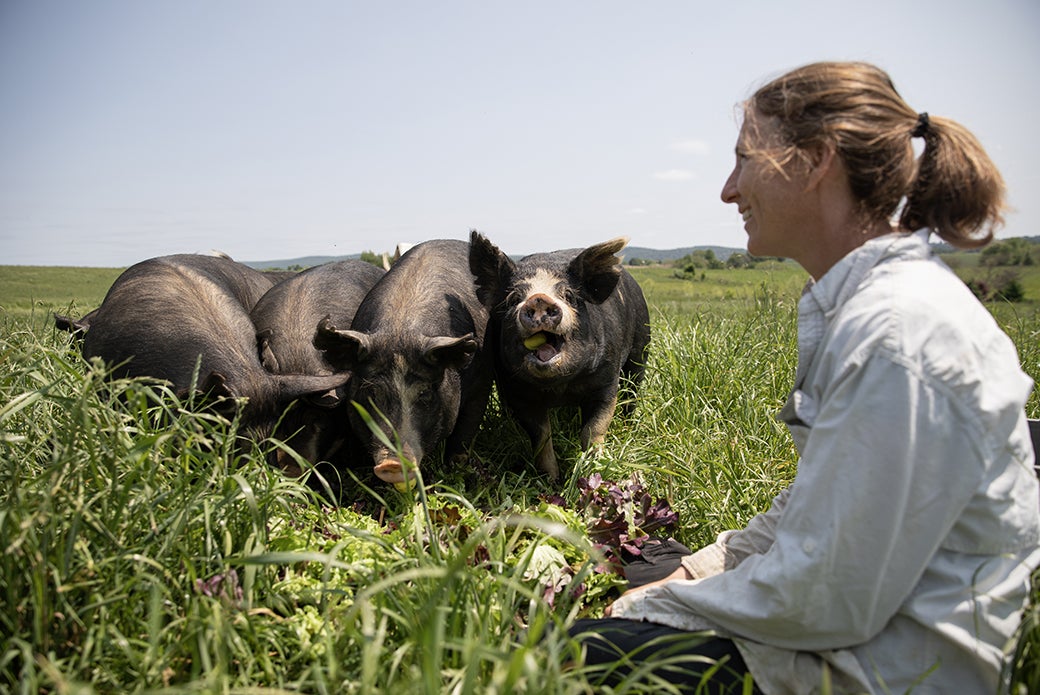
Last week, the ASPCA invited Congressional staffers to tour some of these farms so that the policy makers who shape the Farm Bill and other federal laws could see these operations for themselves and hear from the farmers making them successful.
In the D.C. Metro-area, Congressional staff toured three pasture-based farms and spoke directly with farmers about what is needed to level the playing field for farms like theirs. Congressional staff met with Craig Watts, Director of Socially Responsible Agriculture Project’s Contract Grower Transition Program, Dan Honig, Owner of Happy Valley Meat Company, Reana Kim, Policy Director for DC Green, as well as ASPCA farm animal welfare experts to talk about how vital federal programs are to support evolving practices on farms that benefit the animals and the farmers.

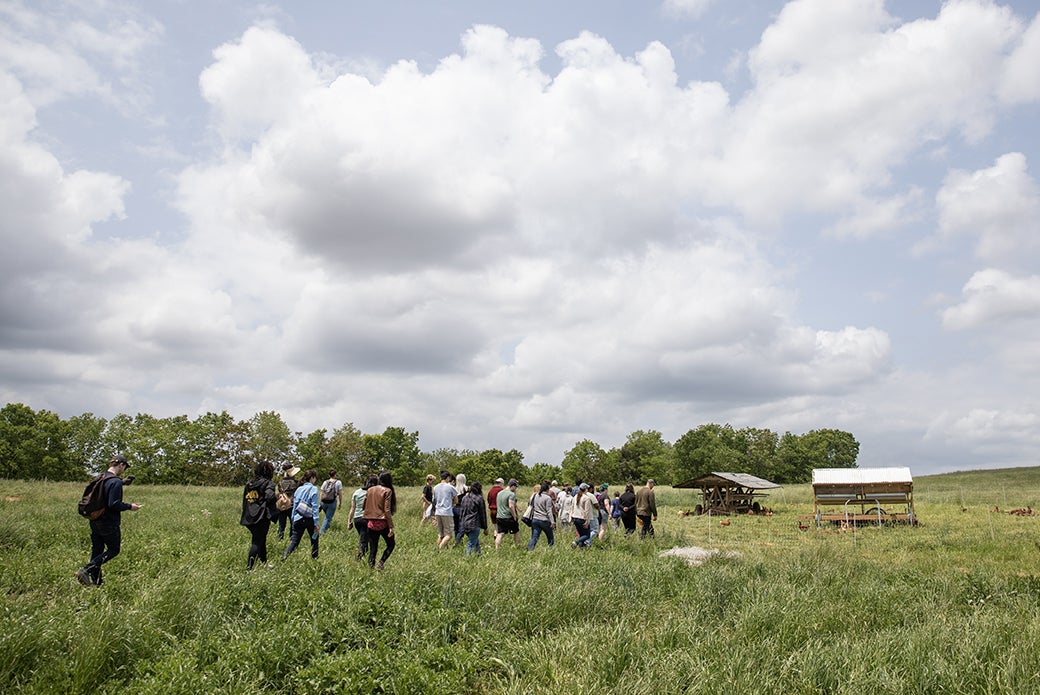
The group toured Holterholm Farms in Jefferson, MD, once a conventional confinement dairy operation. But Ron and Adam Holter came to appreciate that the grueling demands of conventional dairy production were harmful to both the cows and to their family’s quality of life. They committed to raising 100% grass-fed dairy cows on pasture, and today, they sell milk into the Organic Valley® Grassmilk® line, setting an example for other farmers around the country who want to run more humane and sustainable dairy operations.

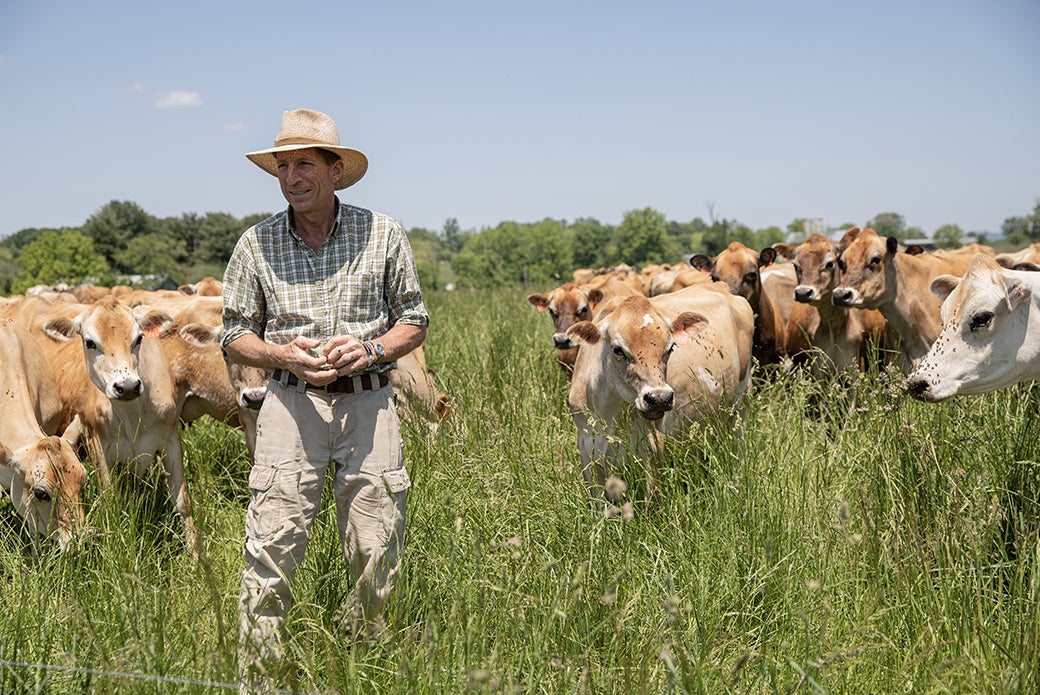
The tour also stopped at Georges Mill Farm in Lovettsville, VA, where Molly and Sam Kroiz raise a herd of dairy goats whose milk is used for products sold at their farm store and local farmer’s markets.
The goats at Georges Mill Farm spend each day grazing and browsing on pasture under the watchful eyes of four Great Pyrenees livestock guardian dogs, who help the farm co-exist with local wildlife and avoid lethal methods of dealing with predators.

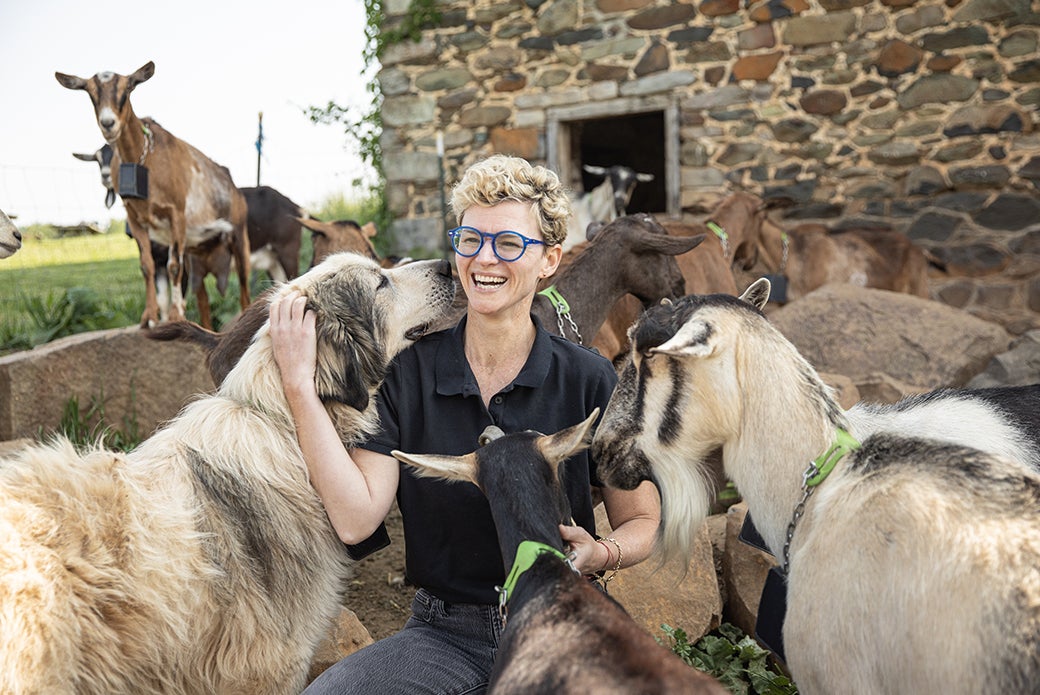
At Open Book Farm in Middletown, MD, MK and Andrew Barnet raise egg-laying hens, broiler chickens, pigs and cattle on pasture, meaning that the animals spend their lives primarily outdoors, roaming and foraging on grass. They also grow delicious fruits and vegetables in their hoop houses.

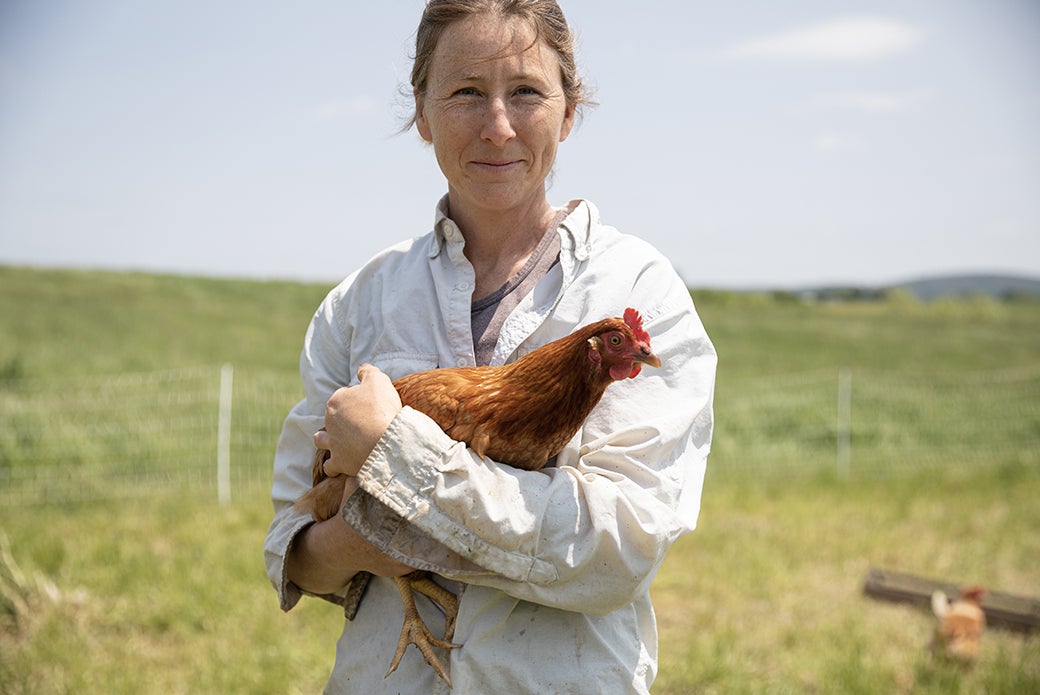
Tour attendees enjoyed spending time with the animals, watching them exhibit their natural behaviors, learning about the benefits of raising animals on pasture and better understanding the benefits of these systems compared to the industrial confinement model that dominates our food system. For example, laying hens at Open Book Farm roam freely, dustbathing, pecking in the grass for bugs and comfortably perching and laying their eggs in the nest boxes in their on-pasture coop.

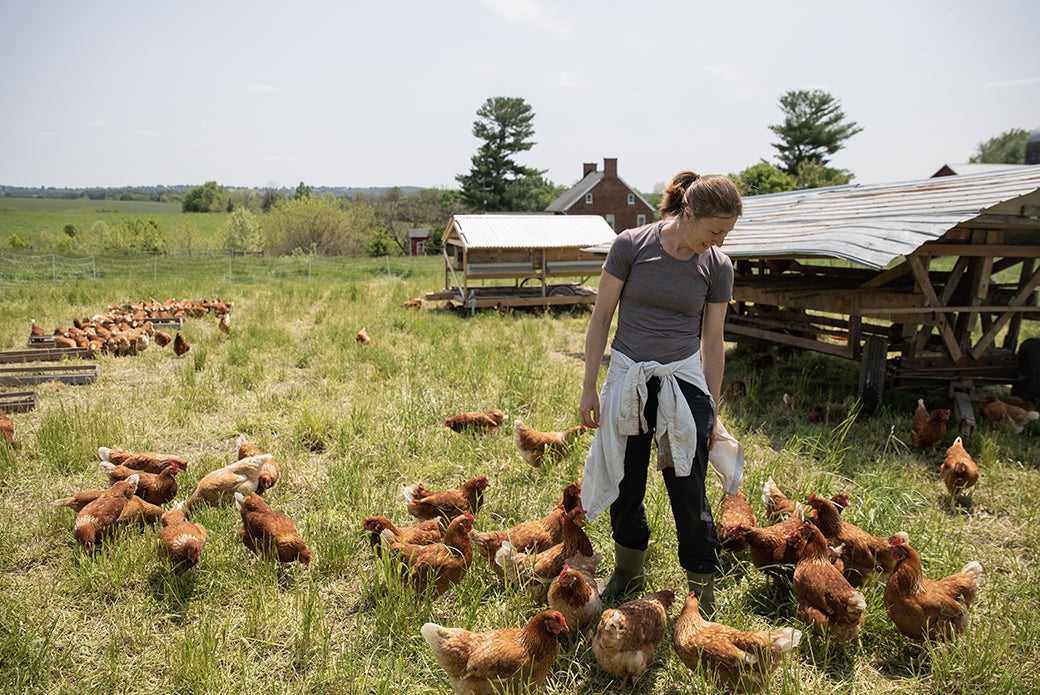
These practices provide a stark contrast to the conventional methods employed by large factory—farming corporations— where the vast majority of laying hens spend their lives confined in battery cages, unable to fully spread their wings or carry out any of the natural behaviors seen at Open Book Farm.
The farmers we visited shared that even small investments in pasture-based systems would be a game-changer. They are encouraged and hopeful that if more lawmakers listened to their stories, their challenges, and their successes, they could work together to build a more humane food system that supports higher welfare practices and helps producers transition away from the factory farm model, which harms animals, farmers, and rural communities. The Farm Bill can and should become a vehicle for this kind of positive change, rather than reinforcing the harmful practices of factory farming.
You can help higher-welfare farms across the country thrive! Please use our easy online form to take action today and tell Congress to pass a more humane Farm Bill. Your message can make a big difference for sustainable farmers and animals.
Source: Read Full Article
